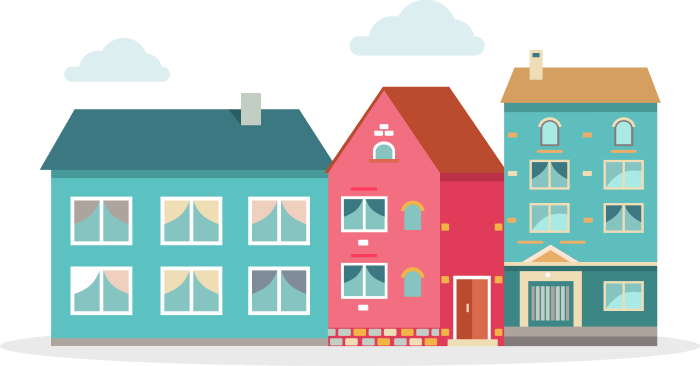Provo
We did the research. Find a place to call home.
B+
Quality of Life Score
Provo Information
112,653
Total Population
45%
Married Persons
55%
Single Persons

7/10
City Rating
City ratings are often based on a variety of factors including quality of life, economic opportunities, safety, education, and more. A rating of 7 or higher might suggest a city with a relatively high quality of life and desirable living conditions. A rating below 5 might indicate challenges or lower overall satisfaction.
7/10
Overall Value
This is a broader rating that takes into account multiple factors affecting the overall appeal of a city. Ratings above 7 might indicate a highly attractive city, while those below 5 might suggest areas for improvement.
10/10
Density (Population per mile²)
City density refers to the concentration of people living within a city's geographic area. It is typically expressed as the number of residents per square mile or square kilometer. Higher density indicates that more people live in a given area, leading to potentially busier streets, more crowded living conditions, and increased access to amenities and services.
2600
Provo
260,000
Reno
City Info
Provo, Utah, is the fourth-largest city in the state with a 2025 projected population of 112,653. It is part of the Provo-Orem metropolitan area, which has a population of about 875,000 and is growing steadily. Provo is known for its young median age of 23.7 years and a median household income of $62,800. The city’s population is predominantly White (about 78.6%), with Hispanic residents making up approximately 18.9%, and a growing multiracial community. Provo’s economy is supported by education, technology, and service sectors, anchored by Brigham Young University and a vibrant startup scene.
Residence
30% (Homes Rented)

30 Years
Median Home Age
$420,000
Median Home Price
5%
Home Aappreciation Rate
1%
Annual Property Tax
Weather
80%
Sun
10%
Rain
5%
snow
Residence
Provo enjoys a dry, sunny climate with warm summers and mild winters. The housing market is competitive with steady appreciation, reflecting strong demand driven by the city’s growth and economic opportunities.
Community
7
Crime Rate (per 100,000)
Democratic
Political Majority
24
Average Age
Community
Provo is a youthful, diverse, and inclusive community with a strong emphasis on education and civic engagement. The city maintains a moderate crime rate and offers a vibrant cultural and social environment.
Locale

Occupation
25%
Management, Business, Art & Sciences
20%
Sales & Office Occupations
15%
Service Occupations
15%
Production, Transportation & Material Moving
5%
Natural Resources, Construction & Maintenance
Education
1:20
Student Teacher Ratio
25%
High School Diploma
30%
Some College or Associates Degree
15%
Bachelors Degree
15%
Graduate or Professional Degree
Locale
Provo’s economy is anchored by education, technology, and service industries. The city has a well-educated workforce and invests in infrastructure and community development to support its growing population.
Transit
25%
Public Transportation
70%
Car
10%
Carpool
10%
Work At Home
Transit
Provo offers public transit options including bus and regional rail services. Commute times are slightly below the national average, with most residents relying on personal vehicles. The city continues to expand transit infrastructure to accommodate growth.


